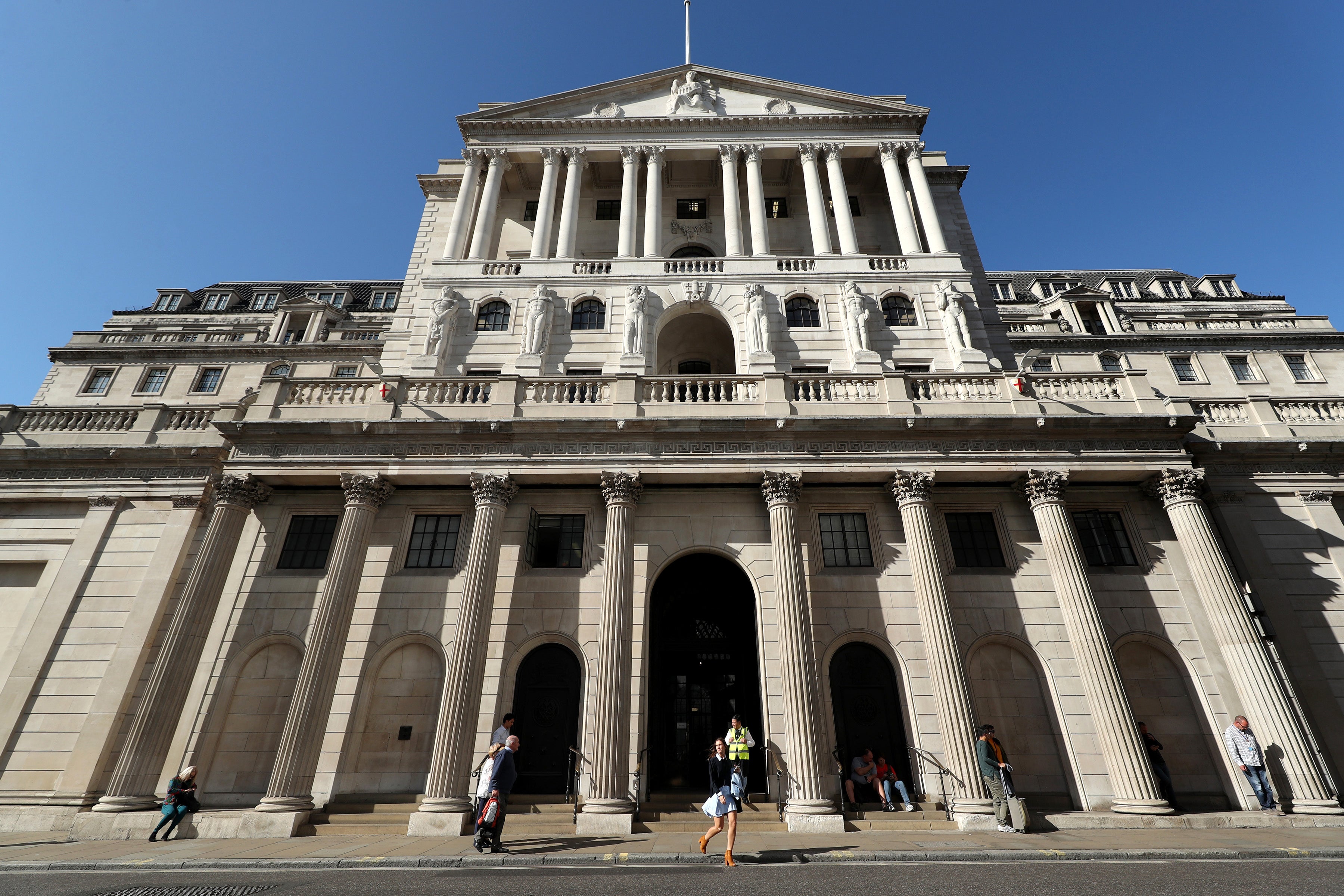Financial firms ‘face profit hit from climate change without effective action’
There are “notable data gaps” in how banks understand the risks of global warming, officials said.

The Bank of England said lenders and insurers that do not respond effectively to climate risks could face major hits to their profits.
Officials said predictions varied across different financial institutions, but they could face a 10% to 15% drag on profits on average.
“Losses of this magnitude could make individual firms, and the financial system overall, more vulnerable to other future shocks,” the Bank said.
The findings were part of the Bank’s first biennial test on how 19 of the UK’s biggest banks and insurers will cope with the transition to a net-zero emissions economy.
It found that action now could reduce costs in the future.
But the firms will need to do more to understand the risk that climate change poses to their business, the Bank found.
Today’s exercise explores how well they are equipped to manage the longer-term challenges from climate change, in the context of our financial stability objective
It warned of “notable data gaps” in their current understanding.
They are likely to be able to absorb the costs of the climate transition, but some of this will probably be passed onto customers, the Bank said.
“Projections of climate losses are uncertain. Scenario analysis in this area is still in its infancy and there are several notable data gaps,” it added.
“UK banks and insurers have made progress but still need to do much more to understand and manage their exposure to climate risks.”
Sam Woods, deputy governor for prudential regulation, said: “Recent events such as the war in Ukraine and rises in energy prices illustrate the challenges banks and insurers can face from changes in their operating environment.
“Today’s exercise explores how well they are equipped to manage the longer-term challenges from climate change, in the context of our financial stability objective.
“We find that they are likely to be able to absorb the climate costs which fall on them without material risks to solvency, but will face significant headwinds and therefore need to continue to invest in their ability to support the economy’s transition to net zero.”
The test ran several different scenarios, depending on how well the world reacts to limit climate change.
The “early action” scenario assumes the climate will only heat up by a little more than the limits set under the Paris Climate Agreement and then come back under control over time.
A second scenario sees global leaders wait for longer to respond, which causes policy measures to be more sudden and disorderly.
Because emissions will need to be slashed more rapidly, the UK will go into a short recession and employment rises to 8.5% under this scenario.
This could cost around £110 billion in losses.
Another scenario assumes that the world takes no additional action.
Bookmark popover
Removed from bookmarks